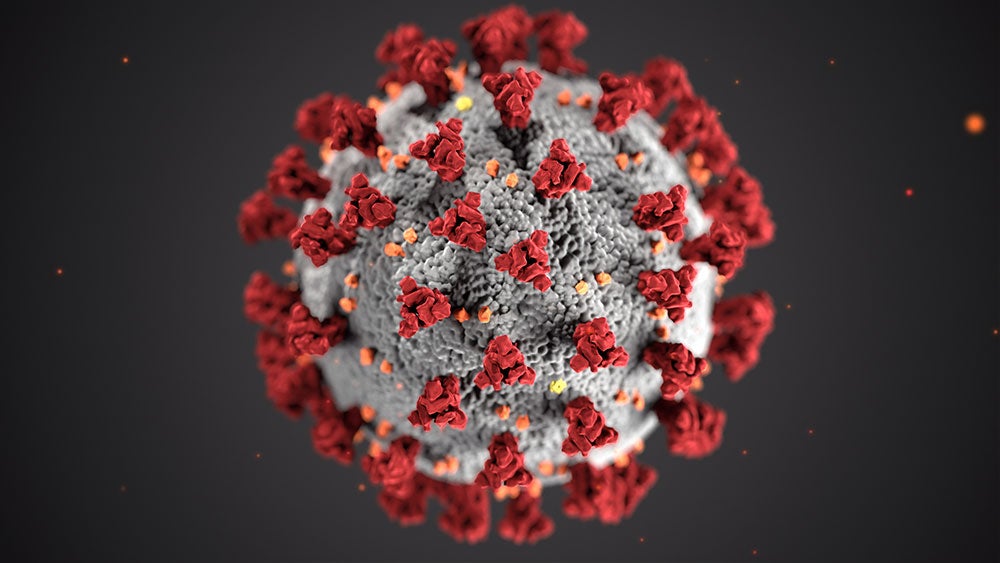The Social Effects of Medicalizing an Entire Race
Elisa Reverman (PhD Candidate) joins the Medical Humanities Fellowship Program

The goal of my project is to look at the social effects of medicalizing an entire race. It’s actually the culmination of a couple things I’ve been studying and brewing over during the last couple of years. I took a class in 2018 with Dr. Taiwo on Black Radical Thought and my final paper for that class looked into how immigration fit into colonialism. A majority of the research for that paper was from Erika Lee’s The Making of Asian America, and I learned a lot about the history of immigration from Asia to the United States. I was really struck by, one, the absence of this history in my education up until this point, and two, the policies that developed in order to discriminate against Asian immigrants.
Once COVID was in full swing, I started to pay attention to the rhetoric and storytelling in the reporting on the virus. China was the target of many accusations, and Asian people started experiencing a very specific COVID-related discrimination. The rhetoric took the shape of categorizing Asians as inherently diseased and saying they should go back to their own countries. I noticed that a lot of the accusations were similar to the rhetoric against Asian immigrants in the late 19th century. It seems like medicalizing an entire race is a powerful political tool for discrimination, and one that hasn’t been discussed enough, especially in regards to Asian Americans.
Medicalizing a race isn’t a new tool though – African Americans experienced it (and continue to) when people hold false beliefs about them having different biology of some kind. It was also used to justify horrific research that founded large swathes of medical knowledge. For example, in 19th century Alabama, Dr. James Marion Sims conducted extensive pioneering gynecological research by performing surgical experiments on enslaved women.
As I continued to think about the racist rhetoric around COVID, I was reminded of the model minority mentality that Erika Lee discusses in her book. While I had never learned before what the model minority myth was, I recognized it as I read about it. It then led me to look for resources on racism toward Asian Americans, but my findings were scarce. This makes sense – the model minority mindset was intended to keep Asian Americans in line, so to speak. The idea involves both establishing yourself above other minorities, namely Black Americans, but to also not overstep and keep your head down. This mindset continues to be a powerful tool in suppressing Asian Americans from voicing experiences of discrimination and from forming solidarity with other oppressed groups. While this topic hasn’t been widely discussed yet, several recent books have come out that voice it well. One of my favorites is Minor Feelings by Cathy Park Hong. In this project, I’m hoping to tie together history, memoir, and visual arts to construct a project about the entanglement of the social effects of medicalizing a race, a history of model minority propaganda, and contemporary experiences of being Asian American.
